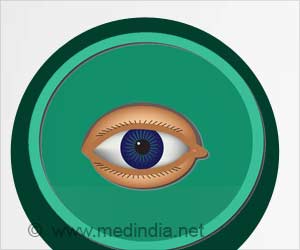Even small breast tumours can be aggressive, and that they may require a more comprehensive therapy than what is routinely offered to patients.
Researchers at the Mayo Clinic in Jacksonville have revealed that even small breast tumours can be aggressive, and that they may require a more comprehensive therapy than what is routinely offered to patients.
The study led by Indian scientist Surabhi Amar, M.D., a fellow in Hematology/Oncology at Mayo Clinic, suggested that breast tumours that are 1 centimeter in size or smaller or are not more than 0.4 inch in length can be hazardous and require intensive treatment.The findings revealed that the outcome of two types of breast cancer classified as HER2 positive (HER2+) and triple negative, may not depend on size alone.
However, Dr Amar claimed that the study can’t make treatment recommendations.
“This is a small study and so we can't make treatment recommendations from it, but it appears that biology and not only size matters when it comes to selecting therapy for small, invasive tumours," she said.
The researchers examined 401 women who were treated for breast cancer between 2001 and 2005 at the breast cancer clinics in Jacksonville and Scottsdale.
The findings revealed 87 percent of women had tumours that were classified as ER/PR positive and HER2 negative, 6.7 percent had tumours that were HER2+ and 5.9 percent were detected with triple negative cancer.
Advertisement
Tumours are graded 1-3, and higher-grade tumours are more likely to grow faster and be more difficult to treat than lower grade tumours.
Advertisement
“The findings suggests that women with HER2+ and triple negative tumours should receive as much treatment as possible in order to prevent cancer relapse,” said Dr. Amar.
The researchers also discovered that only 35 percent of women with triple negative cancer were treated with adjuvant chemotherapy (chemotherapy after surgery) despite the higher grade of the tumours.
"Chemotherapy may not work as well as we would like in these tumours, but, still, physicians who treat patients with triple negative cancer should be aware of the higher risk of relapse, even if tumours are quite small," she added.
Dr Amar said that this study definitely highlights the fact that HER2 positive tumours, even if very small, may warrant more aggressive therapy.
The study was presented at the San Antonio Breast Cancer Symposium.
Source-ANI
LIN/P











